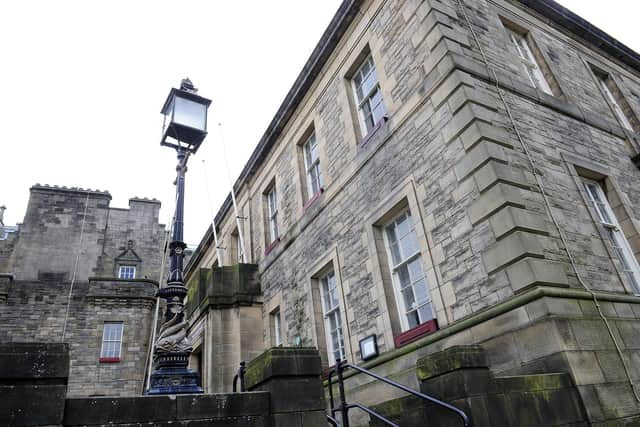Cost of living crisis - Council's energy use could be monitored as bills rise by £2.6 million
and live on Freeview channel 276
Tighter controls around energy waste have been agreed by West Lothian Council as it faces a £2.6 million increase to its bills this year- and up to almost £13m by the end of the current administration.
Some energy measures are already in place but more will be agreed and it could mean fewer kettles and microwaves in use in council premises and strict control of heaters. It will also see the use of public swimming pools looked at, while other proposals include a fee for using electric vehicle charging points.
Advertisement
Hide AdAdvertisement
Hide AdDonald Forrest, the council’s head of finance and property services, warned that surging costs will result in more of the council’s budget being diverted to pay for rising energy bills.


He told a meeting of the council’s Executive that officers have already implemented a number of measures to reduce energy consumption but a range of further measures will be considered that would reduce energy use and costs including; introducing tariffs for public EV charging, enhanced LED lighting, increasing the use of solar PV panels on buildings and reviewing the provision of local swimming pools.
A report to the Executive said: “There are a number of measures which require specific and detailed consideration including the rationalisation of the council’s estate and a review of swimming pool provision.
“Swimming pools have a particularly high level of energy usage due to the water and air temperatures required in their operation. Council Executive is asked to note that a number of other authorities and leisure trusts have already announced changes or reviews of existing provision and officers will investigate these and the implications further, reporting back at a future date.”
Advertisement
Hide AdAdvertisement
Hide AdEven simple solutions such as covering swimming pools when they are not in use can cut energy consumption by around 20 per cent. In council offices, managers and other “responsible persons” will be required to consider the rationalising of domestic appliances including kettles and microwaves as well as strictly control use of heaters.
Like all households and businesses, West Lothian Council’s energy bill is expected to increase very significantly, in the council’s case by over £12.5m between 2023 and 2027/28.
The report set out that there is continued price volatility in the markets. Council officers are forecasting that electricity will increase by 53 per cent in 2023/24 and by a further 17 per cent in 2024/25. Gas is expected to increase by 18 per cent in 2023/24 and by a further five per cent in 2024/25.
Mr Forrest said: “It is important that the council takes measures at the local level to mitigate the financial impact as much as possible by reducing consumption by implementing a range of energy conservation measures. We need to reduce energy use as much as possible to ensure that costs are kept to a minimum and to mitigate the amount of our budget which is taken away from local services to pay for rising energy costs.
Advertisement
Hide AdAdvertisement
Hide Ad“Everyone is having to manage rising costs and the impact is being felt across all households, businesses, the voluntary sector and public bodies, including West Lothian Council. The challenges are hugely significant and difficult decisions lie ahead in our efforts to reduce energy.”